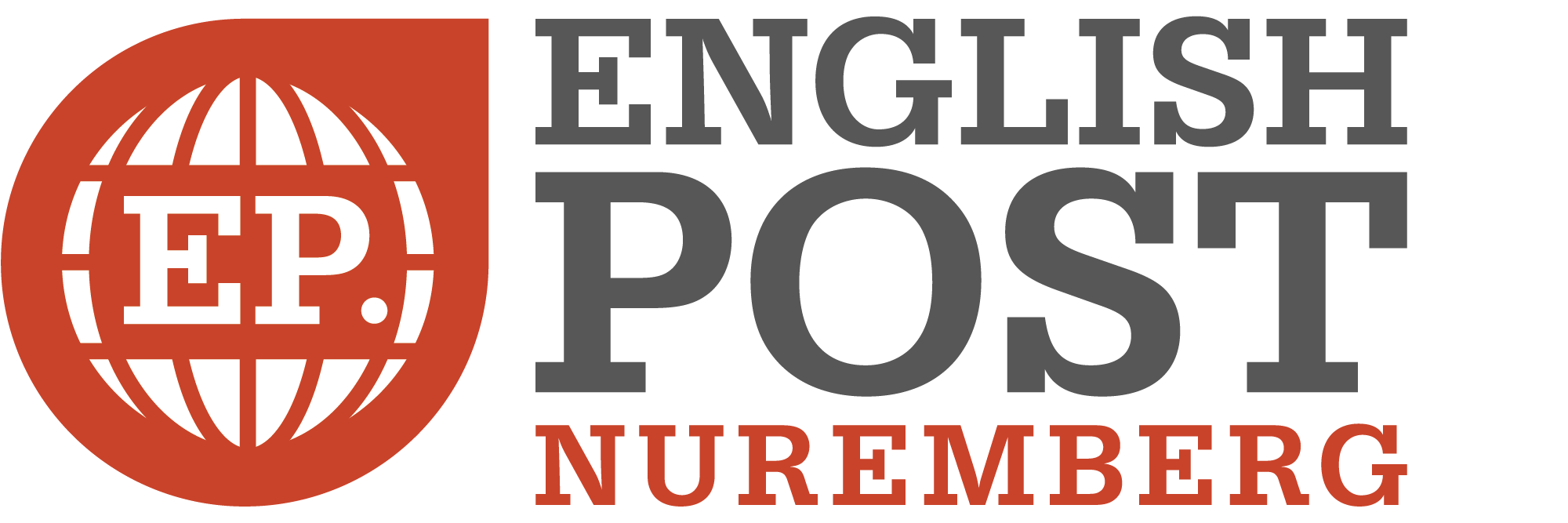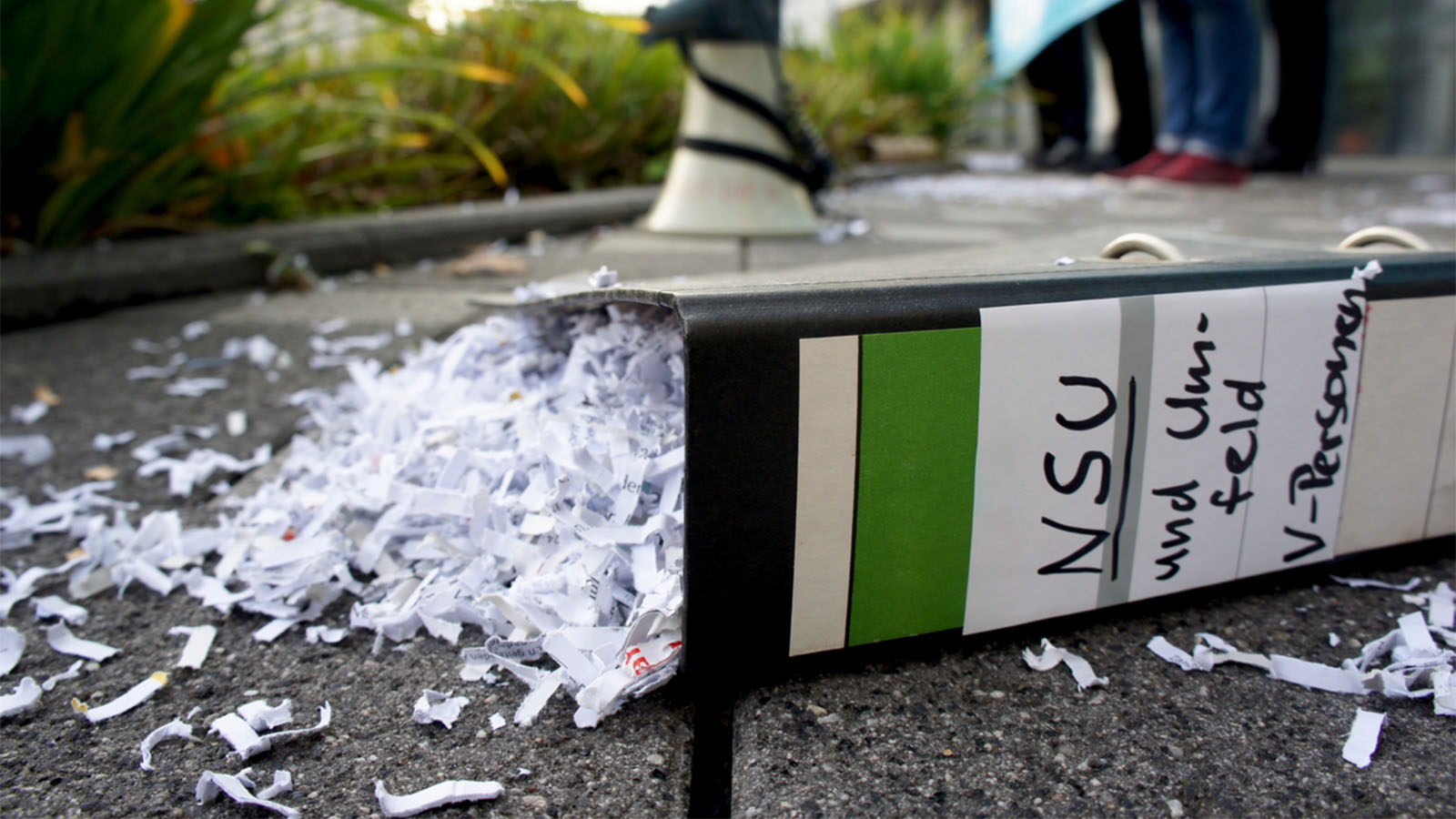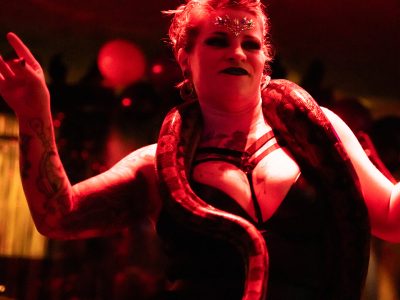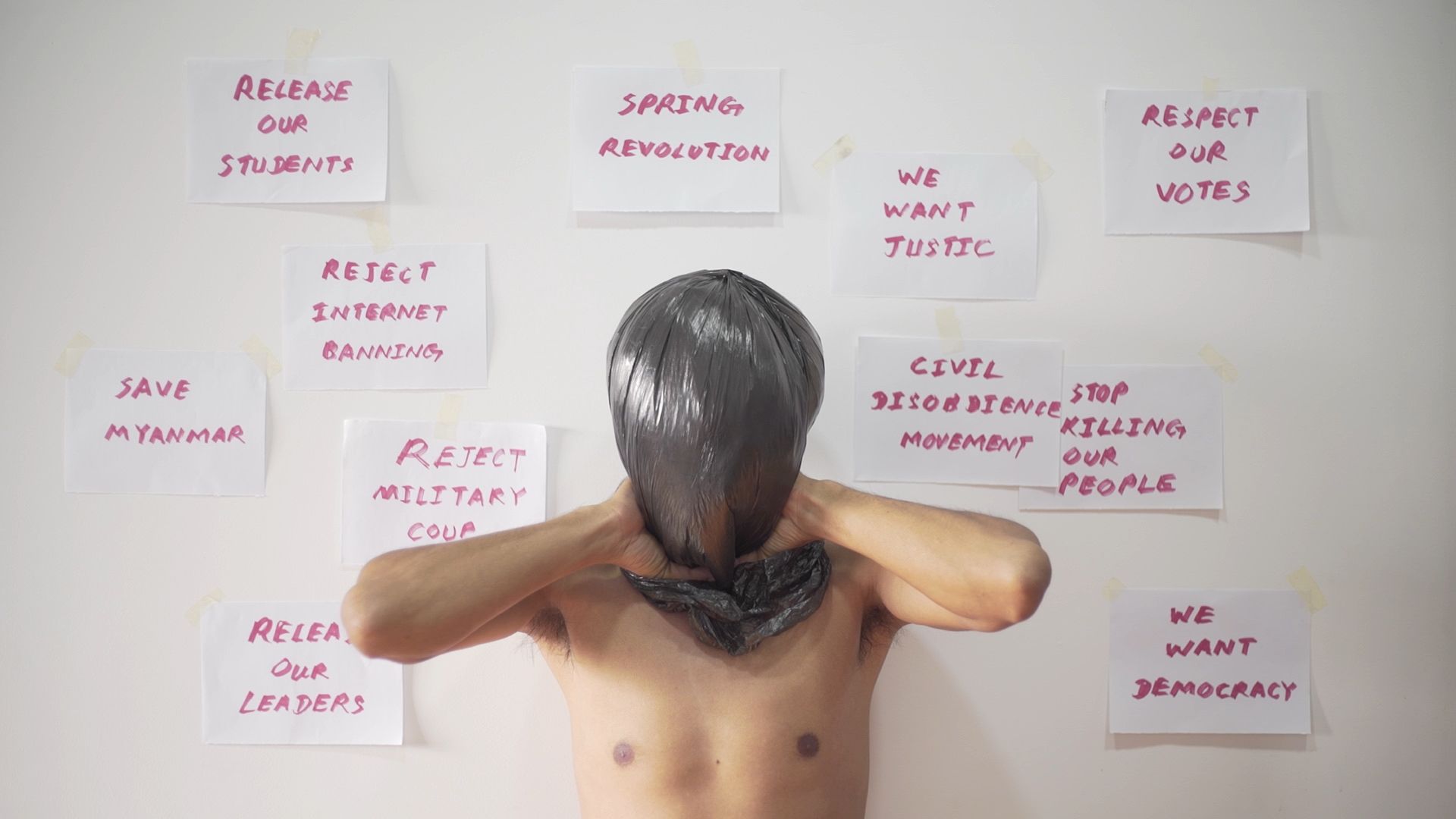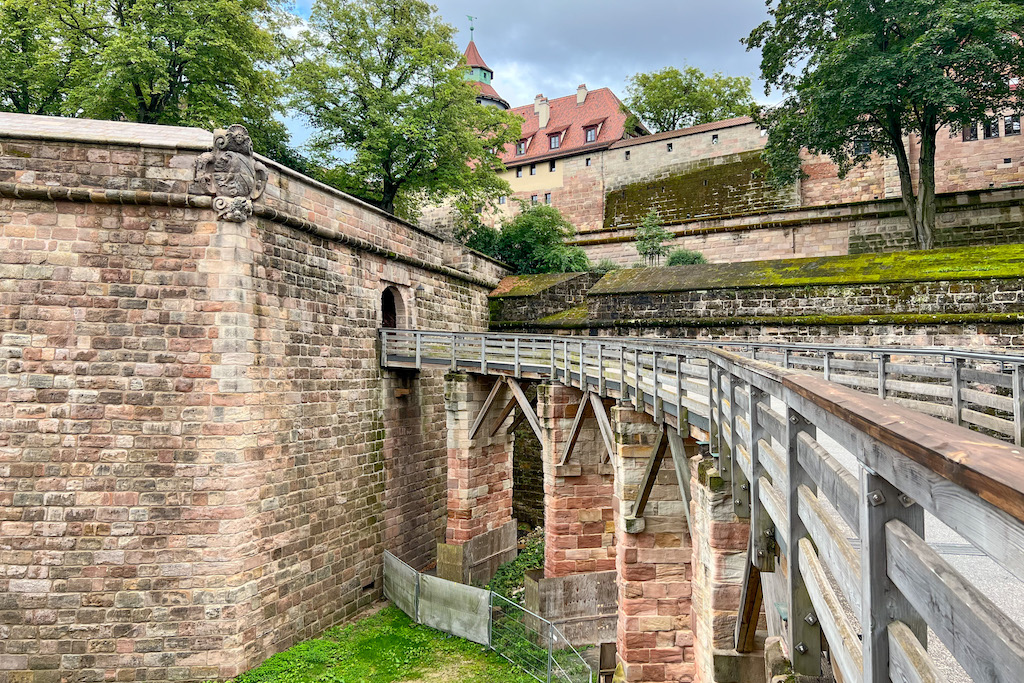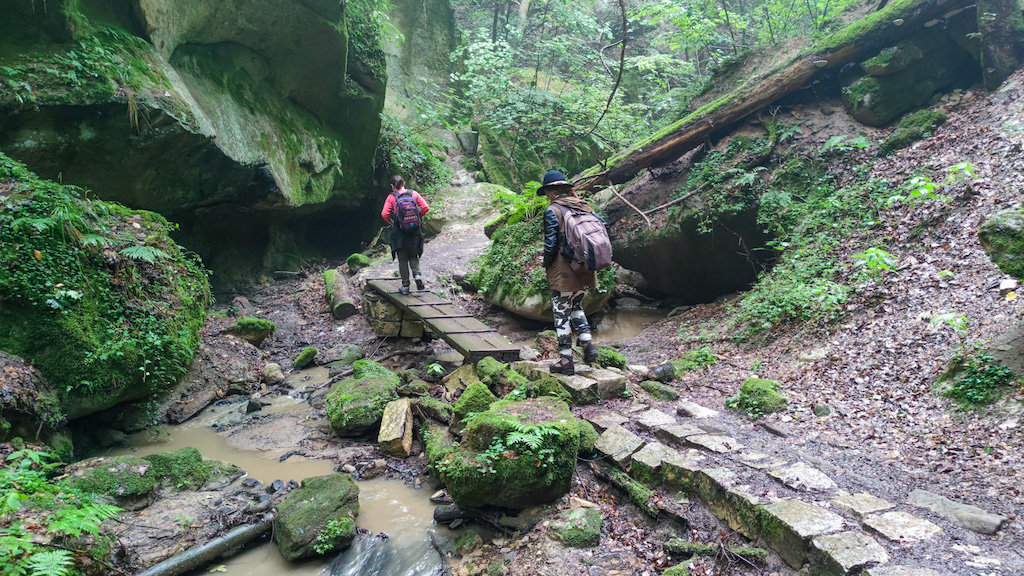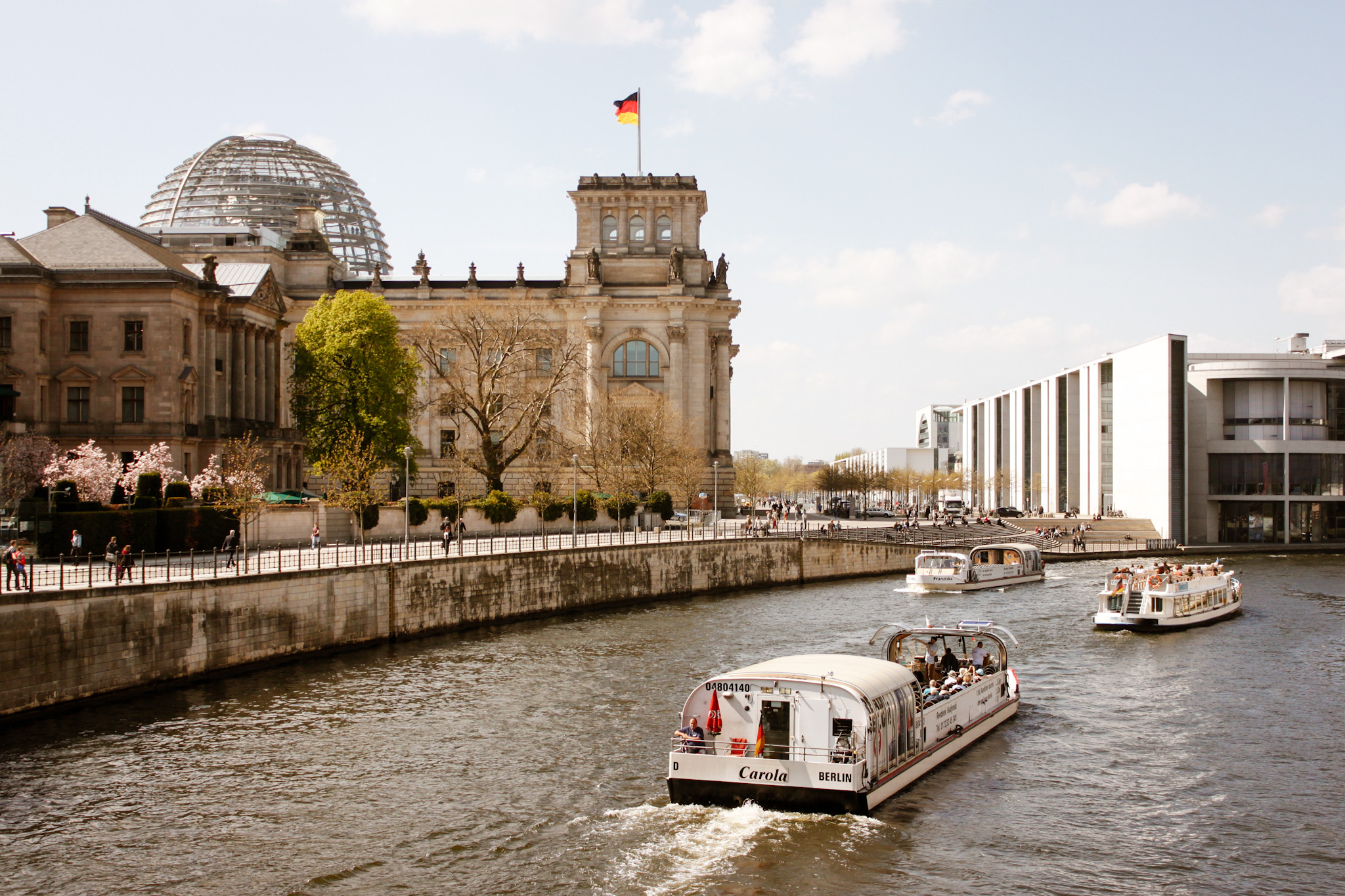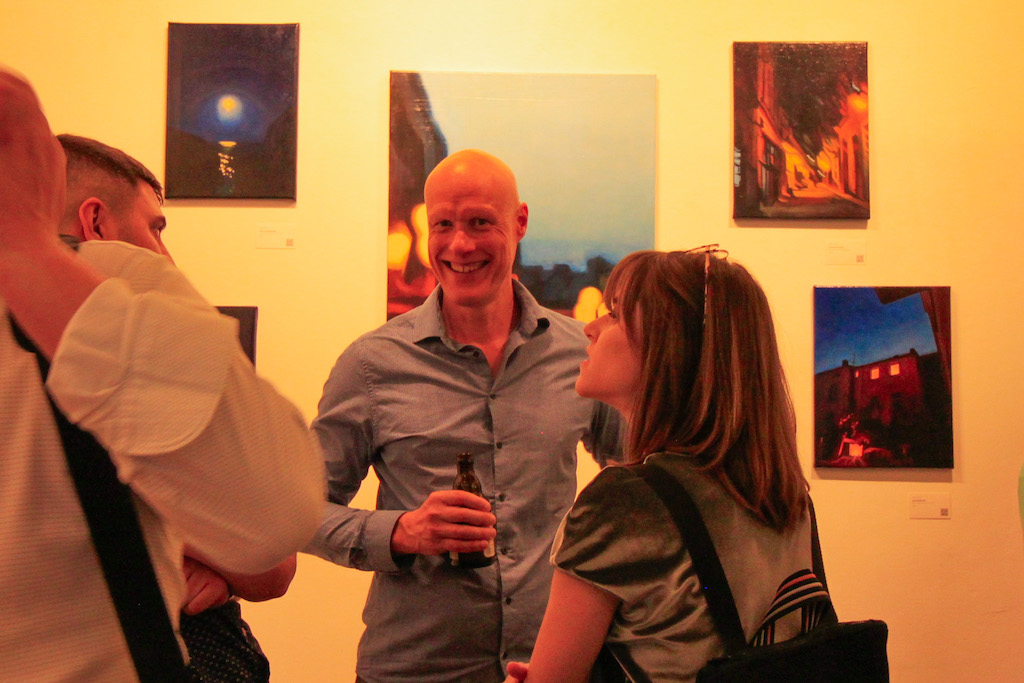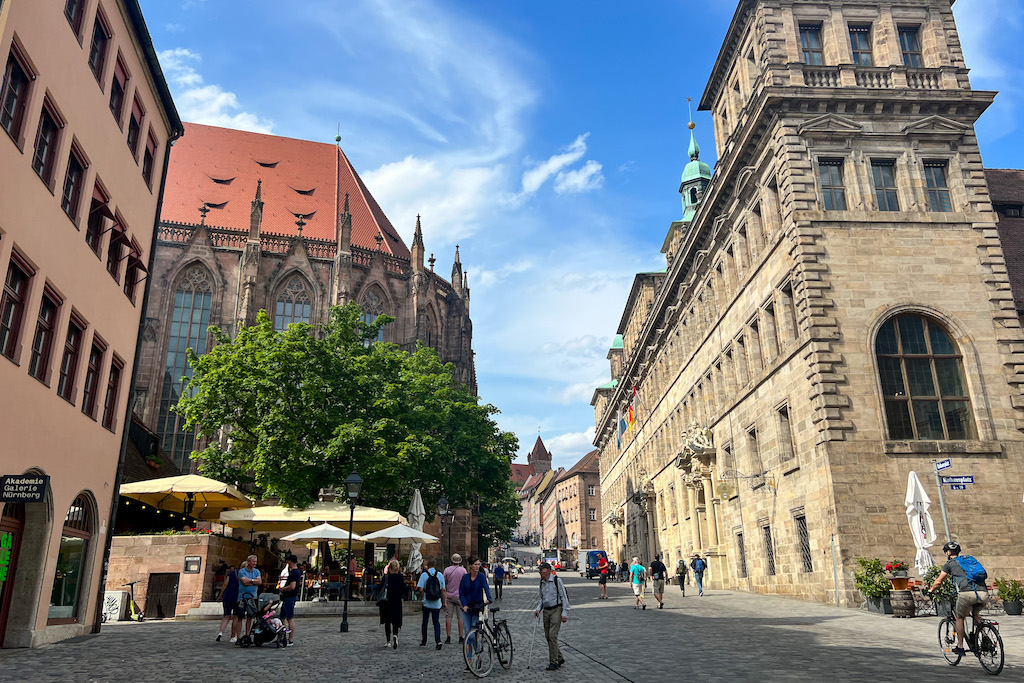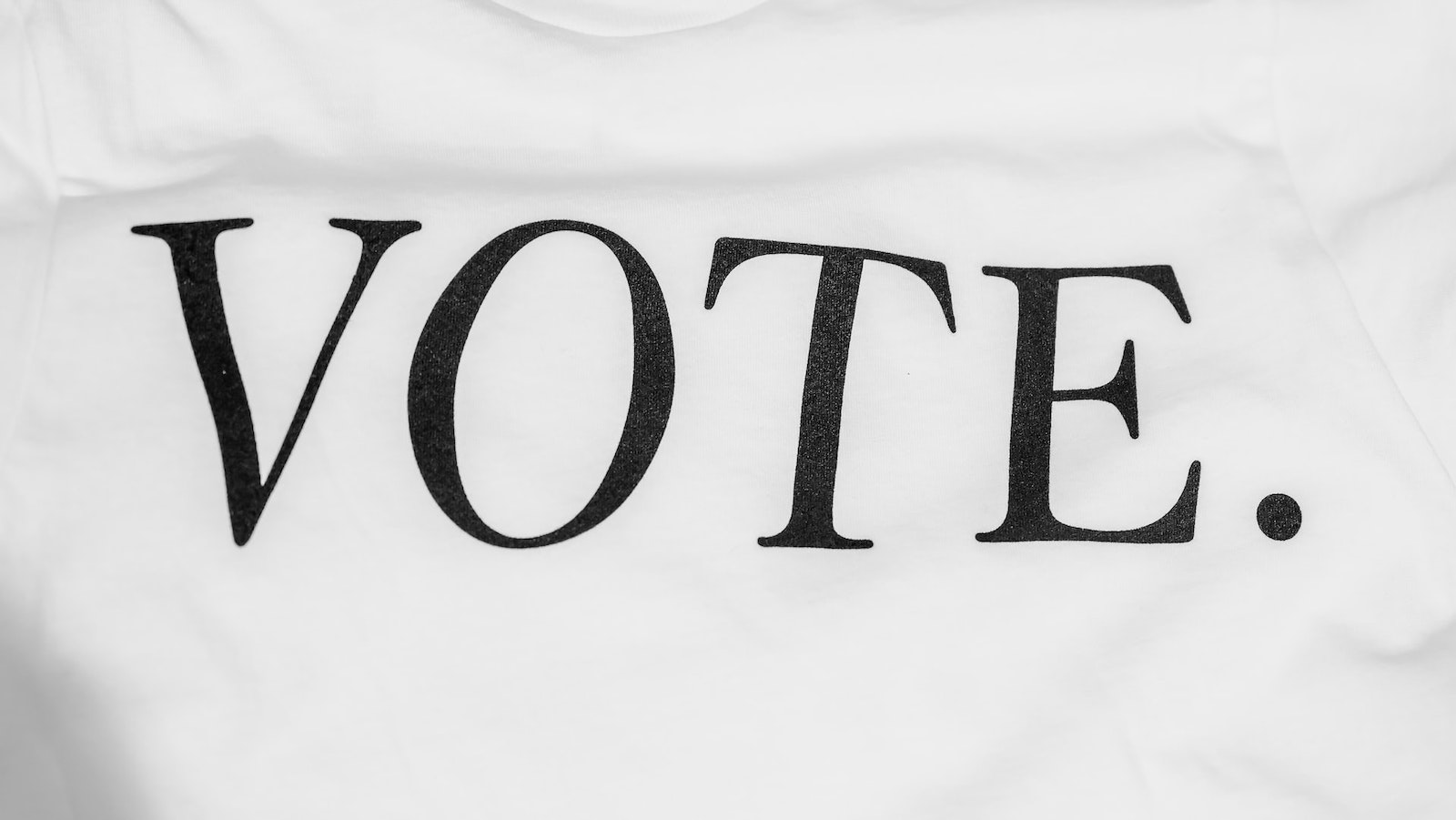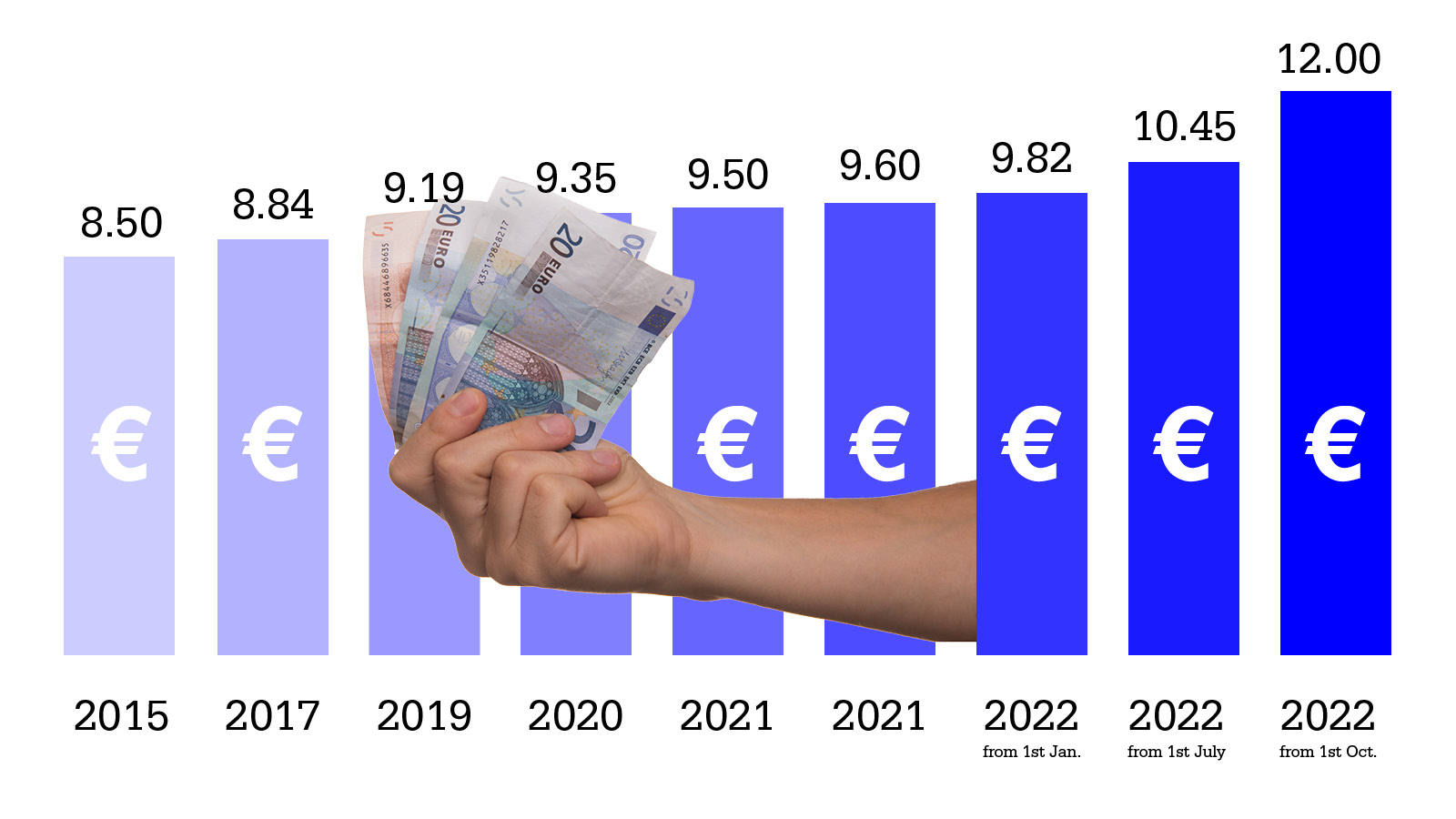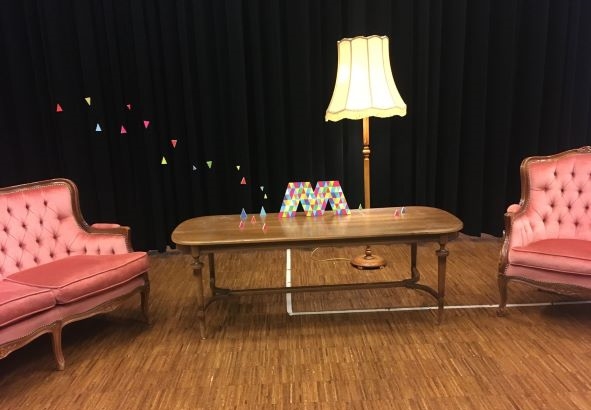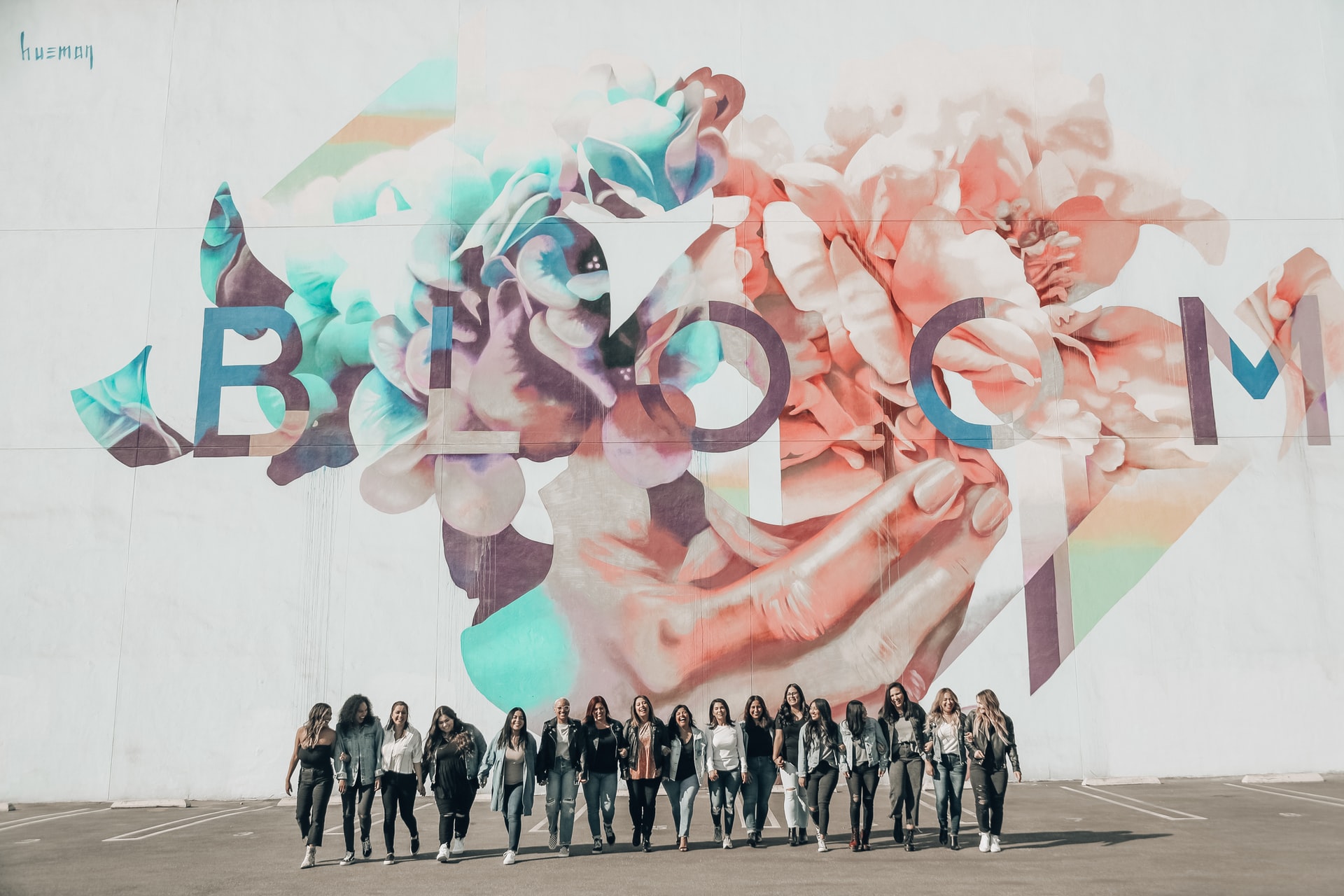Over the coming weekend, you might hear and see demonstrations relating to racist attacks and an organisation which was called The National Socialist Underground. Here is some background information on the history of the organisation, the murders it committed and related events taking place this weekend.
Between the years 2000 to 2006 a series of murders took place throughout Germany, which were labelled with a racist undertone, the “Döner-Morde¹” (Kebab Murders) after the name of the police file “Mordserie Bosporus” by the news media at the time. The first, second and sixth murders took place in Nuremberg and the others in Hamburg, Rostock, Dortmund, Kassel and Munich. The police investigations falsely sought to identify relatives and associates of the victims as the prime suspects. They suspected betting and debts to be the reasons for the murders and searched after weapons and drug dealing.
Even though the same weapon, a Ceska CZ 83 pistol, was used (and in two of the murders also a 6.35 mm Kaliber Bruni pistol); the fact that all the victims were owners or workers in shops or stalls and killed at their places of work, and that six of the victims were Turkish, one Greek and two German citizens of Turkish origin; the police investigators made no connection between the crimes and a racist motive.
In fact, the murders were committed by right-wing extremists belonging to an organisation called the National Socialist Underground (NSU). Two members of the group, Uwe Mundlos and Uwe Böhnhardt took their own lives in 2011. Shortly afterwards their accomplice Beate Zschäpe sent videos linking the NSU to the series of murders and gave herself into police custody. In 2018 she was sentenced to life imprisonment, and four other accomplices also received prison sentences.
A consequence of facts which came to light revealed how the German state security finances many V-Leute² (informants) in the right-wing scene. Nevertheless, even though informants were active in the NSU they did not provide information connecting the organisation with the murders, or non which was passed on to the investigating police enquiry.
On 13th September 2021, shortly after the 21st anniversary of the murder of Enver Şimşek, the first NSU victim, the location in Langwasser, a district in the south of Nuremberg where the crime took place, was renamed Enver-Şimşeks-Platz.
In memory of İsmail Yaşar, the sixth murder victim of the right-wing extremist terror group “National Socialist Underground” (NSU), the City of Nuremberg erected a memorial stele, planted a walnut tree—donated by the Democracy Alliance Zwickau—and named the green space at the corner of Lorschstraße/Bestelmeyerstraße/Velburger Straße as İsmail-Yaşar Square.
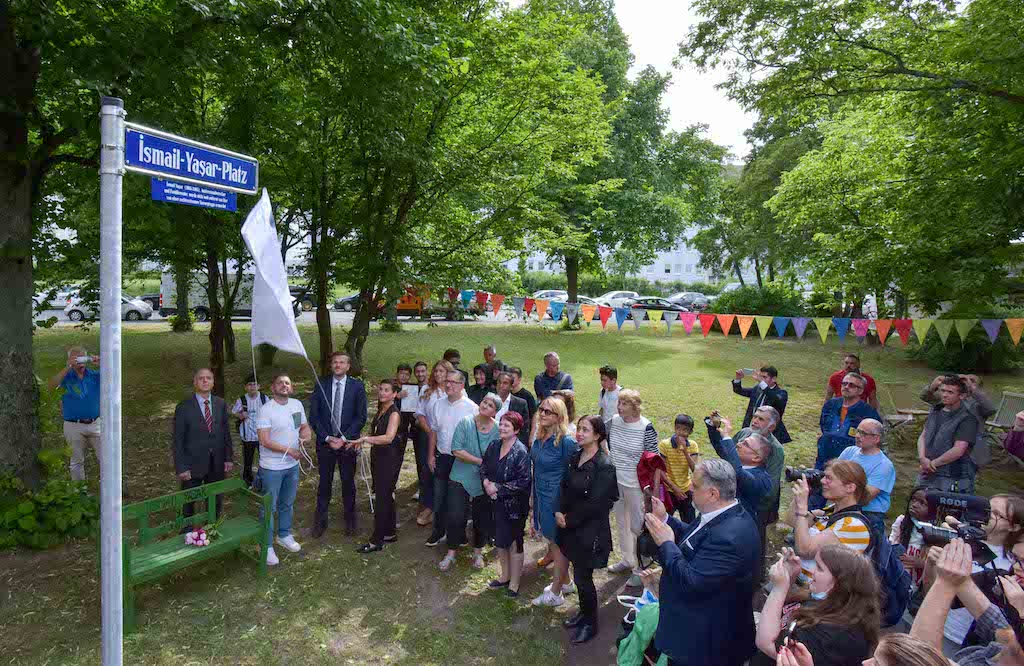
Square named after NSU murder victim İsmail Yaşar was revealed on Thursday 2nd June 2022.
Image: Christine Dierenbach / City of Nuremberg
The following is taken from a Nuremberg City Council press release.
(Translation by English Post)
Tribunal “Unravelling the NSU-Complex: Acknowledge. Clarify. Change.”
For a Future Manifesto
The “Tribunal” Unravelling the NSU-Complex from 3rd–5th June 2022 in Nuremberg demands answers and changes to stop right-wing terror in Bavaria.
Over the Whitsun (Pfingst) weekend inside and outside the State Theatre and other locations around Nuremberg, three terms will dominate; Acknowledge, Clarify, Change. The fourth in a series of “tribunals” titled Unravelling the NSU-Complex calls for a complete investigation into the crimes of the “National Socialist Underground” (NSU), and reparation for survivors of the attacks. Three previous tribunals in Cologne, Mannheim and Chemnitz have taken place since 2017. Many questions remain unanswered, especially in Bavaria, where five of the ten NSU murders were committed, and the police investigation was coordinated. The Tribunal sees itself as a symbolic court; the theatre, alongside the other cultural meeting places, has been chosen as the main venue.
Why another Tribunal in Bavaria?
From 3rd–5th June 2022, questions will be asked and calls for necessary social and structural changes compiled. It is about identifying right-wing terrorist acts in Bavaria, clarifying glaringly open questions, as well as recognising the perspectives of those affected. The attack at the Olympia shopping centre in Munich in 2016, in which nine people were murdered, is still predominantly referred to as a rampage, although it has been proven that it was a right-wing, racist, and anti-Roma terrorist attack. The racist attack on the Twenty Five nightclub in Nuremberg in 1982, in which three people were shot dead, is only slowly becoming part of this public debate. These are only three examples that show how little about the continuities of right-wing terror in Bavaria are known and how little those who are affected by it have been listened to.
Acknowledge the perspective of those affected, acknowledge the struggles against racism and recognition of equal rights for all. With decentralised events in places of post-migrant everyday life, such as the cultural centre Villa Leon, the association rooms of DIDF (Federation of Democratic Workers’ Associations from Turkey) and the youth cultural space Luise – The Cultfactory, the Tribunal will start on Friday 3rd June at 5pm.
Under the name “Occupation: Claim the Space,” the Nuremberg State Theatre, the main event venue, will be transformed into a space of civil society debate and mutual support in the evening from 8pm onwards.
Clarification. The first central event at the State Theatre on Saturday 4th June at 4pm will focus on clarifying the acts of violence. Speakers include: the daughters of NSU victims Enver Şimşek and Mehmet Kubaşık, Semiya Şimşek and Gamze Kubaşık. Also Mehmet O., who was seriously injured in the NSU attack at his Pilsbar Sonnenschein in Nuremberg as well as relatives of the victims of the attack at the Olympia-Einkaufszentrum (OEZ) in Munich.
Demands for a change in the social structures from which right-wing terrorist acts originate and make possible, that remove them from the spotlight, and that leave the relatives and victims alone, are the focus of the second central event on Saturday evening. These demands will give rise to a Manifest of the Future, performed by artists Rosalie Wanka and Kassandra Wedel using sign language. On Sunday the Manifest of the Future will be taken demonstratively into public space in the city making it both audible and visible that action must be taken to fight racism.
In addition to these central events, numerous workshops are offered as well as two critical walks that confront the city with its racist continuities. Exhibitions and film programmes in the theatre and the Künstlerhaus frame the program.
For a detailed programme description and registration please visit: https://www.nsu-tribunal.de/en/nuernberg/
The fourth Tribunal “Unravelling the NSU-Complex” takes place in cooperation with the kind support of the following partners: Staatstheater Nürnberg, the Fonds Soziokultur, the Rosa-Luxemburg-Stiftung, the Landeshauptstadt München within the framework of the municipal Netzwerks gegen Rechtsextremismus, Rassismus und Gruppenbezogene Menschenfeindlichkeit, the Petra-Kelly-Stiftung, the Kurt Eisner Vereins, the Netzwerk München e.V. Self-managed enterprises and projects; the Einmischtopfs der Bewegungsstiftung, the Villa Leon, DIDF, Luise – the Cultfactory as well as the Künstlerhaus in the KunstKulturQuartier.
Crowdfunding Campaign: wirwunder.de/projects/108355
Website: https://www.nsu-tribunal.de/en/nuernberg/ Twitter: twitter.com/nsu_tribunal #TRBNL
Instagram: instagram.com/nsu_tribunal/
Facebook: Facebook.com/nsutribunal
YouTube: youtube.com/NSUTribunal
¹ Döner-Morde – became “The Unword of the Year 2011.”
² V-Leute” – A “V-Person” is an informant; the “V” stands for Vertrauens (trusted) -oder Verbindungs (Liaison) person
